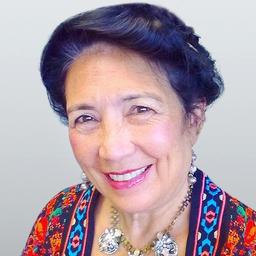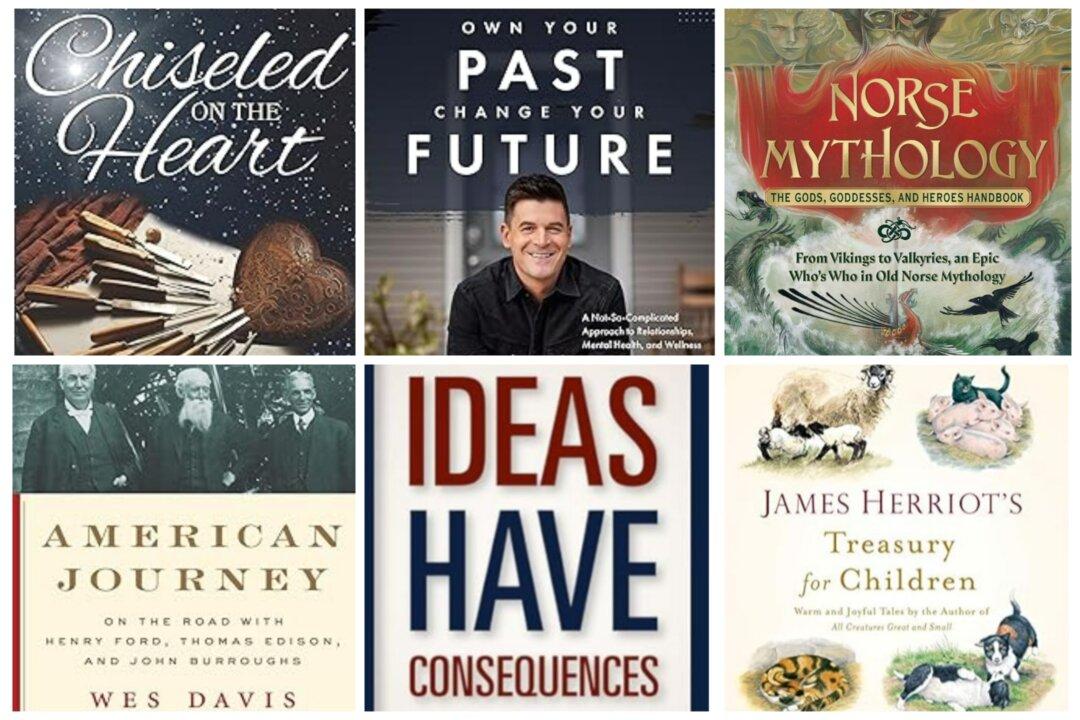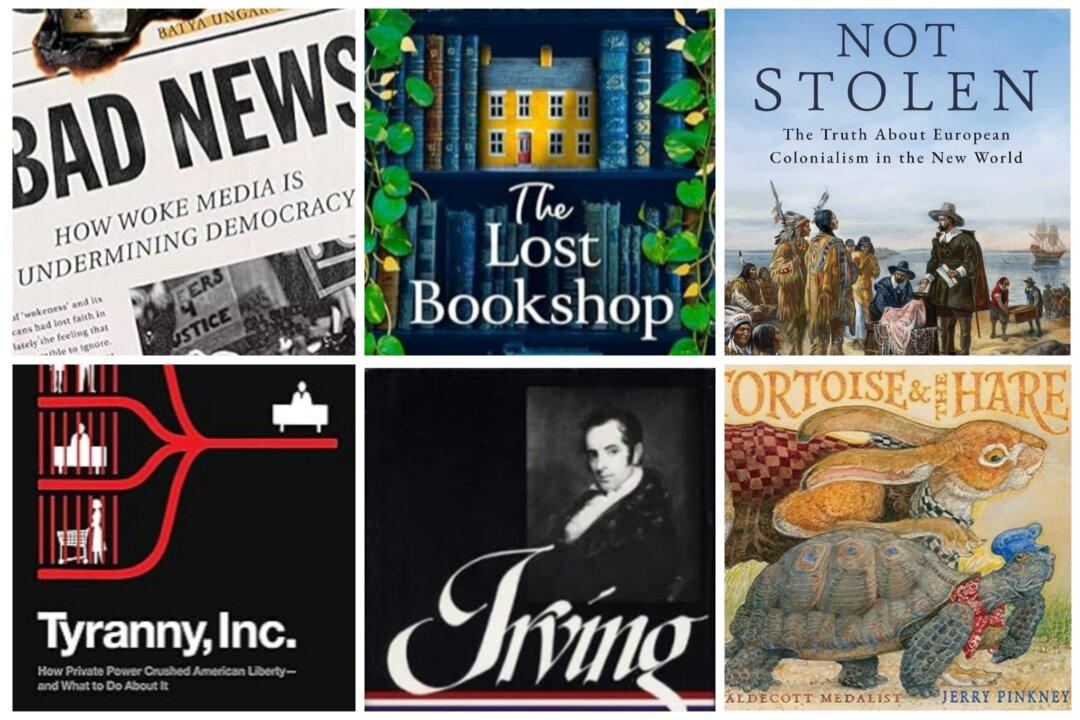It’s a Monday morning. Children at Excelsior Classical Homeschool Academy in Paradise Valley, Arizona, have gathered for school.
Held in a local church, the students of varying ages come wearing uniforms. It’s a gathering time for students, parents, administrators, and teachers: a time to get back on track with their educational goals and the curriculum for that week, see how everyone is doing, connect and enjoy community, and be strong together.






